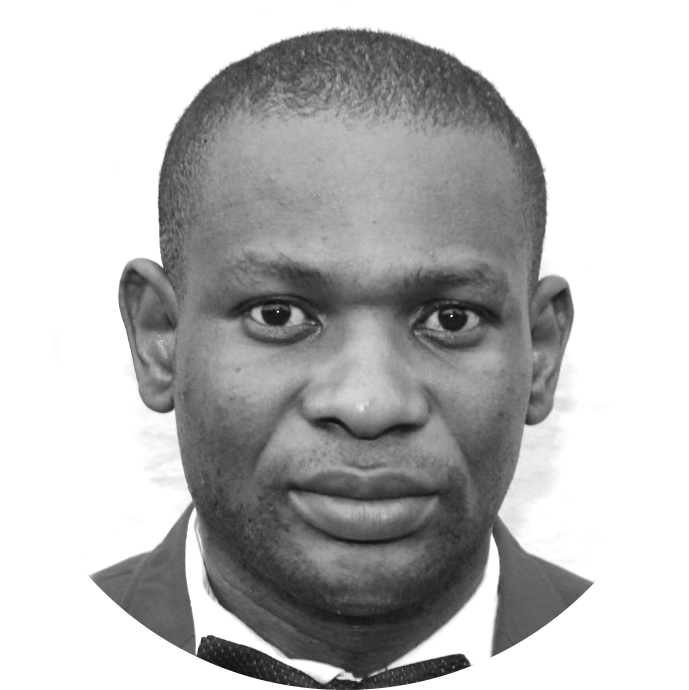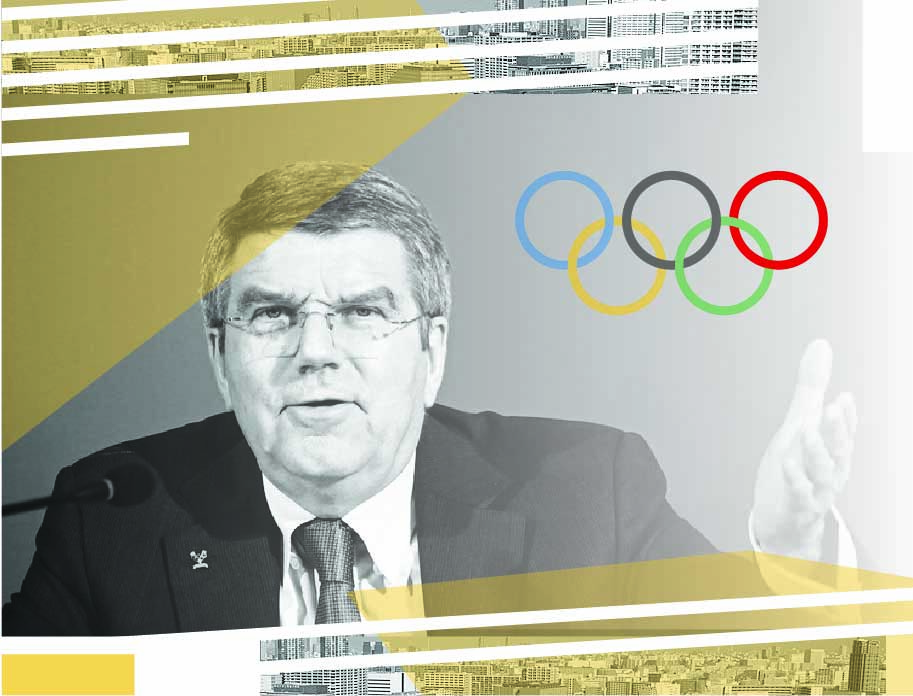
Dr Unwana Akpan
Media scholar-practitioner with over two decades of broadcast experience. He’s a lecturer in the Department of Mass Communication, University of Lagos, Akoka, Nigeria. He’s been a visiting scholar in the Department of Communication, Culture and Media Studies, Howard University, Washington DC, USA, where he completed his Postdoctoral research.

Section 2: Media Coverage & Representation
- Twitter conversations on Indian female athletes in Tokyo
- ”Unity in Diversity” – The varying media representations of female Olympic athletes
- The Olympic Channel: insights on its distinctive role in Tokyo 2020
- How do we truly interpret the Tokyo Olympic ratings?
- Between sexualization and de-sexualization: the representation of female athletes in Tokyo 2020
- Reshaping the Olympics media coverage through innovation
- An Olympic utopia: separating politics and sport. Primary notes after analyzing the opening ceremony media coverage of mainstream Spanish sport newspapers
- What place is this? Tokyo’s made-for-television Olympics
- The paradox of the parade of nations: A South Korean network’s coverage of the opening ceremony at the 2020 Tokyo Olympics
- Tokyo 2021: the TV Olympics
- Why we need to see the “ugly” in women’s sports
- “The gender-equal games” vs “The IOC is failing black women”: narratives of progress and failure of the 2020 Tokyo Olympics
- Ghana: Poor local organizing, and absence of football team dampens interest
- Megan Rapinoe: The scary Bear for many Americans?
- ‘A Games like no other’: The demise of FTA live Olympic sport?
- Temporality of emotionalizing athletes
- Fandom and digital media during the Tokyo 2020 Olympic Games: A Brazilian perspective using @TimeBrasil Twitter data
- Media wins medal for coverage of athletes as people, instead of entertainers
- Media frames and the ‘humanity’ of athletes
- Reporting at a distance. Stricter working conditions and demands on sports journalists during the Olympics
- New Olympic sports: the mediatization of action sports through the Olympic Games 2020 Tokyo
- Simone Biles, journalistic authority, and the ideology of sports news
- Representations of gender in the live broadcast of the Tokyo Olympics
- Americans on ideological left more engaged in Summer Olympics
- National hierarchy in Israeli Olympic discourses
- Equestrian sports in media through hundred Olympic years. A roundtrip from focus to shade and back again?
- Reshaping the superhuman to the super ordinary: The Tokyo Paralympics in Australian broadcasting media
- Is the Paralympic Games a second-class event?
- The fleeting nature of an Olympic meme: Virality and IOC TV rights
- Tokyo 2020: A look through the screen of Brazilian television
- Is the Paralympic Games a second-class event?
- How digital content creators are shaping meanings about world class para-athletes
- How digital content creators are shaping meanings about world class para-athletes
- The male and female sports journalists divide on the Twittersphere during Tokyo 2020
- Super heroes among us: A brief discussion of using the superhero genre to promote Paralympic Games and athletes
- “Everything seemed very complicated”: Journalist experiences of covering the Tokyo 2020 Paralympic Games
- Representing high performance: Brazilian sports journalists and mass communication professionals discuss their philosophies on producing progressive Paralympic coverage
- Representations of gender in media coverage of the Tokyo 2020 Paralympic Games
While the rest of the world celebrated the 2020 Olympics for a fortnight in August, some parts of the world went about their business unperturbed. Nigeria is a great example of this phenomenon. In the West, it may be that there is a perception that everyone else in the world is tuned to the Olympics. However, as those in rural areas in Nigeria demonstrate, millions of people may not even know what the Olympic Games are all about.
The above is especially a mystery given that it is widely believed that the Olympics is watched by most of the world. At least, television ratings and number of televisions tuned to the Games create a sense of the world’s eyes fixated on watching the games. When Nigeria won the 1996 soccer gold medal, the country celebrated and it reached deep into the rural areas. But that was football. For most of those Nigerians, what they were aware of was that Nigeria had just beaten soccer powers, Brazil and Argentina, to win the gold in 1996. Few cared about the name of the competition and even fewer were aware that other sports had been part of that mega event in 1996. It underlines the popularity of football in the country.
At the 2020 Olympics, none of Nigeria’s football teams – men and women – qualified for a trip to Tokyo and it is understandable, then, that most Nigerians were not interested. But was it just about the fact that the national soccer teams did not qualify?
Well, I interviewed some Nigerians in four rural regions in Lagos (Epe, Ibeju-Lekki, Badagry and Ikorodu) as well as media staff at two radio stations (Bond FM and Radio Lagos) that serve the larger metropolitan area of Lagos as well as the four rural regions nearby. Radio is the communication medium of choice for most rural dwellers in Africa. The stations were created to serve rural dwellers in Lagos who do not understand the conventional English language. The radio stations use Yoruba, and not English, for programming and, thus, are effective in reaching those rural dwellers.
The two Yoruba language radio stations failed to introduce a special segment or program to create awareness concerning the Games. The radio station staff note that, at the station; “we don’t see the need to dedicate a whole program or airtime just to talk about the Olympics. We can always do this inside our sports programs or sports news.” Other sportscasters share the same opinion. Therefore, while the radio stations shared infrequent news about the Games (given Nigeria’s poor performance at the Games), they failed to highlight them as part of an important ongoing megaevent.
The effect of this lack of special attention to a mega event like the Olympics is telling. Those who reside in the local areas consequently were unaware of the 2020 Olympics. This lack of media attention and the absence of Nigeria’s most popular sports teams had adverse effect on interest in watching the Games. A rural inhabitant in Badagry knew nothing about the Games. Instead, he asked: “What is the meaning of Olympig (sic)?” It was a genuine mispronunciation of Olympics. When corrected, he retorted: “Oh my brother, I hear them say Olympig on Radio Lagos, of late, but I don’t know what that means.” Other rural dwellers also lacked the knowledge of what the Olympic Games really was about.
To have followed the Olympics closely in rural Nigeria requires someone to be avidly interested in sport and not just interested in football. Importantly, it also requires that the person is literate in English language. These requirements are hard to come by in rural Nigeria where close to 100 million Nigerians reside. Thus, while Nigerians in the urban centers in Lagos and other cities across the country may have tuned in to watch the Olympics, there are millions of Nigerians that were largely unaware of the Olympic Games.

